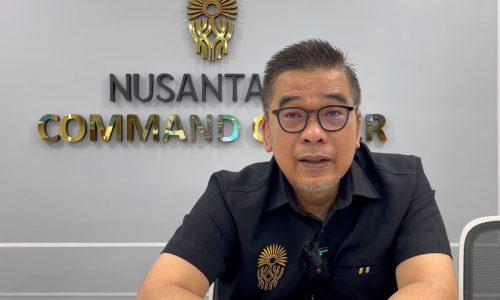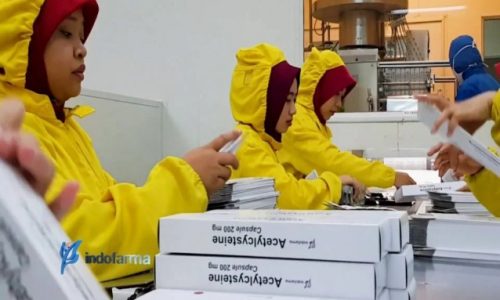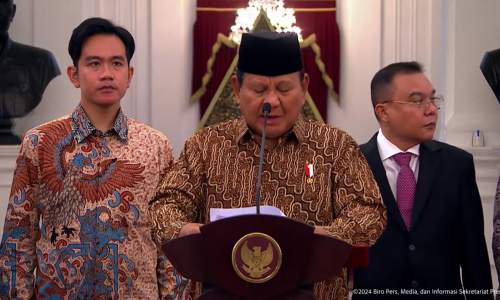The intensive discussions regarding the Comprehensive Investment Plan (CIP) aimed at funding the energy transition of the Just Energy Transition Partnership (JETP) are ongoing. Reports indicate that the unveiling of this investment strategy is scheduled for August 2023.
Jisman P. Hutajulu, the Director General of the Ministry of Energy and Mineral Resources emphasized, that the all-encompassing investment blueprint of the Just Energy Transition Partnership (JETP), which encompasses the phased closure of coal-fired power plants and initiatives related to the electricity transmission network, is currently undergoing thorough and concentrated discussions.
Novia Xu, a researcher at Center for Strategic and International Studies (CSIS), highlighted that the funding allocated for the Just Energy Transition Partnership (JETP) is insufficient to adequately support Indonesia’s energy transition.
The grant provided by the Just Energy Transition Partnership (JETP) amounts to a mere US$ 160 million, which equates to approximately 0.8 percent of the overall committed funding of around US$ 20 billion.
Novia underscored the significance of grant funds in facilitating the initiation of energy transition initiatives, encompassing vital aspects like feasibility studies, workforce training, and diverse programs aimed at mitigating risks for a fair energy transition.
Novia expressed concerns that the inadequacy of these grants could potentially strain the State Budget (APBN).
Edo Mahendra, the Chair of the JETP Secretariat in Indonesia, revealed that an agreement has been reached regarding the allocation of JETP climate funding.
This agreement is aimed at expediting advancements in the electrification sector and enhancing energy efficiency.
Edo Mahendra explained that this determination emerged from an internal consensus among the four working groups operating within the JETP Indonesia Secretariat.
The working groups have various tasks, including technical issues, policies, funding, just transitions, as well as electrification and energy efficiency.
“One thing we have agreed on is electrification and energy efficiency; the focus is on the end user sector,” said Edo.
Scot Marciel, former US ambassador for Indonesia 2010-2013 said, the stakes involved are high, encompassing climate change, economics, U.S.-Indonesian relations, and geopolitics. If the partnership succeeds, Indonesia – one of the world’s largest greenhouse gas emitters – will be on a path toward significantly reduced emissions.
For Indonesia, JETP provides an opportunity not only to shift away from dirty coal power but also to enhance its attractiveness as an investment destination.









